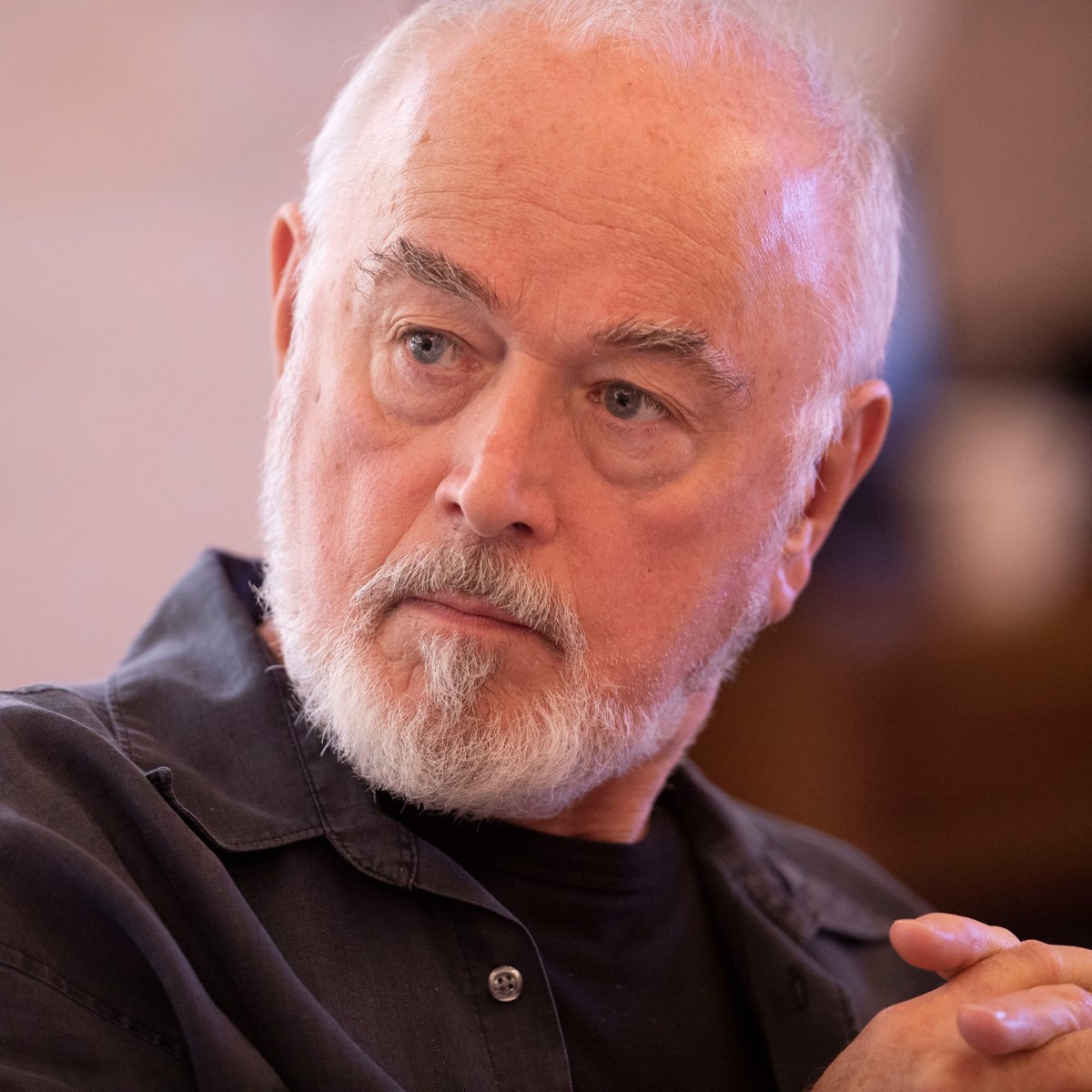Classroom Resources for RE
INTRODUCTION TO RESOURCES
Welcome to our exciting new initiative in Religious Education. VinE and the Animal Interfaith Alliance (AIA) have been working with RE Today to produce a range of free classroom resources for RE. These resources enable teachers and pupils to explore, through critical, objective and pluralistic RE lessons, questions around the moral status of animals and ethical veganism as both a religious and non-religious worldview.
Click here to learn more about including ethical veganism in RE
As RE widens its scope and moves towards a worldviews paradigm, aiming to prepare children and young people for life in a complex multi-religious and multi-secular world, studying ethical veganism offers opportunities to examine the dynamics between religions and worldviews. Ethical veganism, a rapidly growing, practice-based philosophical belief, protected under the Equality Act (2010) and in European law, can be understood as a non-religious worldview, but also, for many people, it is a worldview deeply intertwined with religious belief and practice. Sometimes it is supported by religious teachings and doctrines and sometimes it presents challenges to them. Ethical veganism, and the issues relating to it, provides a rich field of study for children and young people as veganism increasingly becomes part of our collective consciousness in everyday life – whether in shops and restaurants, or in discussions ranging beyond our treatment of animals to environmental responsibility, human health, social justice, and of course, religion and belief.
Empathy and compassion are the founding principles in most religious and ethical traditions. Veganism is ultimately a philosophy of compassion. By extending our circle of compassion to all living beings, we can stimulate the development of empathy in children which will help them improve all of their interpersonal relationships. This teaching approach also complements school goals of social-emotional learning, anti-bullying initiatives and creating global citizens responsible for ensuring a more ethical, just and sustainable world.
Testimonial

These beautifully presented resources are a delight to explore. They have been superbly put together and are of such high quality, using wonderful text, images, hyperlinks and illustrations. They align completely with the curriculum for Wales in offering schools the opportunities to explore philosophical convictions, using their subsidiarity and autonomy to design and craft their own curriculum for RVE. I am genuinely excited to see the bold and beautiful RVE opportunities that will result from these resources as we seek to develop our young people into ethically informed and responsible citizens.
VinE’s classroom materials have been an invaluable resource and source of support for our teachers and have been used extensively and successfully. Read more here.
Jennifer Harding-Richards
Adviser for Religion Values and Ethics (RVE)
Carmarthenshire, Pembrokeshire, Swansea

Teachers’ Guide for RE
Read me first!
Teachers’ Guide for RE
Read me first!
To download units and supplementary resources, click on green arrow.
The Powerpoint resources are held in Google Drive, so you will need to download the file after the link opens.
As the Powerpoint files are fairly large, this may take a few minutes.

Ages 5-7

What can we learn from religious stories about how humans should treat other animals? (Christians, Jewish people, Muslims)

Ages 7-9

What can we learn from dharmic religions about kindness to animals? (Buddhists, Hindus, Sikhs)

Ages 10-12

Should the Golden Rule include animals?
PDF Download:
Unit 3
Golden Rule Supplementary Resource
Powerpoint Download:
Unit 3 Golden Rule Supplementary Powerpoint
Golden Rule Song

Ages 12-14

Who are vegans?
PDF Download:
Unit 4
Who Are Vegans Supplementary Resource
Powerpoint Download:
Vegan Voices PDF Download:

Ages 14-16

Is veganism a religious duty?

Ages 16-18

Sentience

Ages 5-7

What can we learn from religious stories about how humans should treat other animals? (Christians, Jewish people, Muslims)

Ages 7-9

What can we learn from dharmic religions about kindness to animals? (Buddhists, Hindus, Sikhs)

Ages 10-12

Should the Golden Rule include animals?
PDF Download:
Unit 3
Golden Rule Supplementary Resource
Powerpoint Download:
Unit 3 Golden Rule Supplementary Powerpoint
Golden Rule Song

Ages 12-14

Who are vegans?
Unit 4
Who Are Vegans Supplementary Resource
Powerpoint Download:
Vegan Voices PDF Download:

Ages 14-16

Is veganism a religious duty?
We also have materials from other RE projects (both in the UK and abroad) which focus on compassion for animals. For education materials specific to Catholic schools, produced by William Radinson, see: Catholic Social Teaching and Humane Education Guide
SPIRITED ARTS COMPETITION 2025
The National Association of Teachers of RE (NATRE) launched the Spirited Arts competition in 2004, and it has been held annually ever since. Attracting over 25,000 entries each year, the competition sees participation from hundreds of UK schools, as well as submissions from countries as far afield as Hong Kong, Australia, Thailand, and Bahrain.
The competition is a fantastic way to engage teachers and students while raising the profile of RE in schools. Many schools incorporate the competition into their RE lessons through a dedicated ‘Spirited Arts’ unit or as part of an RE/arts week.
VinE and the Animal Interfaith Alliance are thrilled to sponsor the animal theme ‘All God’s Creatures?‘ in this year’s competition. This theme enables children and young people to explore human-animal relations and to think deeply about the moral and spiritual aspects of all living beings. Building on the incredible success of our 2023 and 2024 themes, we eagerly anticipate the outstanding artwork and narratives in this year’s submissions.
Our RE Today resources on Ethical Veganism, designed for all age groups, along with the Golden Rule song, will help support engagement with this theme.
All God’s Creatures?
Do animals belong to God? Are they part of a divine plan? Do animals have souls? The beauty and sheer awesomeness of non-human animals with whom we share planet Earth is celebrated in many of the world’s religions. Respect for the worth of all animals is at the heart of some non-religious worldviews too, like Ethical Veganism. Some worldviews see all living beings as interconnected, yet others emphasise the separateness and superiority of humans over other animals. Animals play a huge part in all our lives, whether we realise it or not. How humans interact with other animals and the natural world impacts on all living beings and the planet. This theme invites exploration of ideas and beliefs about non-human animals. Challenge learners to engage thoughtfully with scripture, philosophy, and scientific enquiry to write an inspiring passage to accompany stunning images.
Winning work will…
- Show originality and flare coming from deep consideration of the issues.
- Reference specific religious or non-religious worldviews, perhaps referring to specific texts, stories or traditions.
- Go beyond simply portraying animals—beautiful as they are—and encourage thoughtful reflection on issues relating to animals, as well as human attitudes and actions toward them.
The Golden Rule Song video with subtitles, score and instrumental version can be found here.
NATRE welcomes entries in any art form, including:
- Art (painting, drawing, sketching etc)
- Poetry
- Photography
- Dance
- Music
- Drama
- Sculpture
The competition runs for the academic year ending 31st July 2025.
Full details on the competition can be found on NATRE’s website here.
Spirited Arts 2024
The entries to our 2024 sponsored theme ‘Why do Animals Matter? were truly spectacular. AIA and VinE Patron, the esteemed academic Dr Richard Ryder, helped choose the winning entries.
 “I have very much enjoyed helping in the judging of the Spirited Arts competition, and I thought the children showed high levels of creativity and concern for the animals. I am proud also as AIA’s President and VinE’s Patron that so many children showed a clear ethical concern.
“I have very much enjoyed helping in the judging of the Spirited Arts competition, and I thought the children showed high levels of creativity and concern for the animals. I am proud also as AIA’s President and VinE’s Patron that so many children showed a clear ethical concern.
I believe, as a psychologist, that most children are concerned and interested in members of other species. This is not just a children’s interest, but one that can and should last throughout life. In my childhood, however, adults too often tried to stop this interest as being “sissy”. Far from it: such interests and compassion are the foundation for a moral community of all painient beings.”
Learn more about our 2024 theme and gallery of selected entries here.
Spirited Arts 2023
Our ‘All God’s Creatures?’ theme in 2023 received more than 4,000 entries. The students’ artwork and accompanying narratives were amazing! Peter Egan, a Patron for both VinE and the AIA helped select the winning entries.
 “I was incredibly impressed with the quality and originality of the artwork, and the profound level of critical thinking demonstrated by the children when exploring religious and non-religious worldviews concerning our relationship with animals. They all deserved to be winners! Going through the entries lifted my spirits; the compassionate, creative and well-though out responses from children and young people gave me hope for the future.”
“I was incredibly impressed with the quality and originality of the artwork, and the profound level of critical thinking demonstrated by the children when exploring religious and non-religious worldviews concerning our relationship with animals. They all deserved to be winners! Going through the entries lifted my spirits; the compassionate, creative and well-though out responses from children and young people gave me hope for the future.”
Peter Egan
Learn more about our 2023 theme and extended gallery of entries here.
Permission to use the information and free resources available on this website is granted solely for educational purposes, provided there is no financial gain and the use aligns with the aims and objectives of VinE (Veganism in Education).
RE Today maintains copyright over their resources, so any usage must also respect their ownership and permissions.
Painism is a term coined by Richard Ryder in 1990 and serves as a principle underlying his ethical framework. Ryder argues that any individual, whether human or non-human animal, who is capable of experiencing pain holds moral standing.
Ryder defines pain as 'any form of suffering or negative experience, including fear, distress and boredom, as well as corporeal pain itself. Such things as injustice, inequality and loss of liberty naturally cause pain. Pain is the great evil, and inflicting pain upon others is the only wrong.'
To learn more about painism: https://www.researchgate.net/publication/367595338_Speciesism_and_Painism_Some_Further_Thoughts

